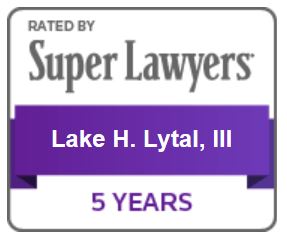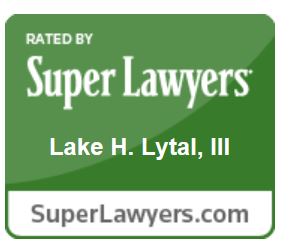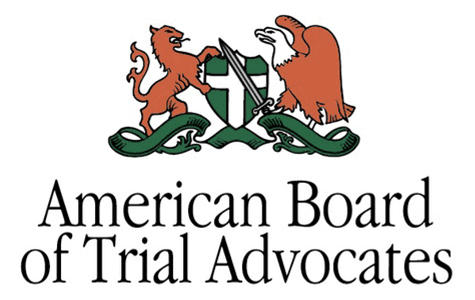If you’ve filed a personal injury claim after being injured by someone’s negligent or reckless behavior, you might collect damages that include lost wages, impacts on your long-term earnings potential, and significant medical bills. A common question we’re asked is whether or not a large portion of a client’s settlement will be lost to taxes.
The short answer to this question is that most elements of your personal injury settlement aren’t taxable, but some are.

If you’ve been injured and need help filing a claim and have questions about the process, a Florida personal injury lawyer from Lytal, Reiter, Smith, Ivey & Fronrath is ready to provide you with a risk-free, cost-free initial consultation. To schedule your consultation, contact us online or call us at (561) 655-1990 today.
Continue reading to learn what portions of your settlement are tax-free and what portions aren’t.
Non-taxable parts of your personal injury settlement
The good news is that the part of your settlement that isn’t taxable is generally the larger portion of your settlement, the part that contains economic damages. Economic damages include compensation for:
- Physical injuries and the medical expenses associated with those injuries, both in the short- and long-term, including emergency medical care, surgeries, rehabilitation, treatments, or medication
- Lost wages and work benefits if you missed work during recovery
- Your lost earnings potential if your injuries prevented you from returning to your prior job
- Other damages that result from your physical injury.
Taxable parts of your PI settlement
The taxable elements of your personal injury claim include:
- Interest accrued on your settlement either pre- or post-judgment
- Non-economic damages for pain and suffering such as mental or emotional trauma
- Medical bill deductions you claimed on tax returns for costs you paid for the injuries that are associated with this claim
- Punitive damages which are intended to punish the defendant for their actions in an attempt to deter others from engaging in similar behavior.
Protecting your personal injury settlement from unlawful or excessive taxation
Determining how taxes may apply to your personal injury settlement is complex and can be confusing. Connecting with a personal injury lawyer as soon as possible after you sustain an injury will support the settlement you receive and will allow your attorney the opportunity to seek more damages in the non-taxable categories rather than those that are taxable, unless punitive damages are warranted in your case because those are often of a substantial sum.
Accepting a settlement without the assistance of an attorney can lead to a significantly lower settlement amount and can result in greater tax penalties on that smaller amount, which defeats the purpose of seeking a personal injury settlement or award.
Connect with a personal injury lawyer from Lytal, Reiter, Smith, Ivey & Fronrath
To discuss options on your case and to learn how we can help best allocate your settlement to minimize tax penalties, contact the Florida personal injury lawyers with Lytal, Reiter, Smith, Ivey & Fronrath to schedule your free consultation. Call us today at (561) 655-1990.












